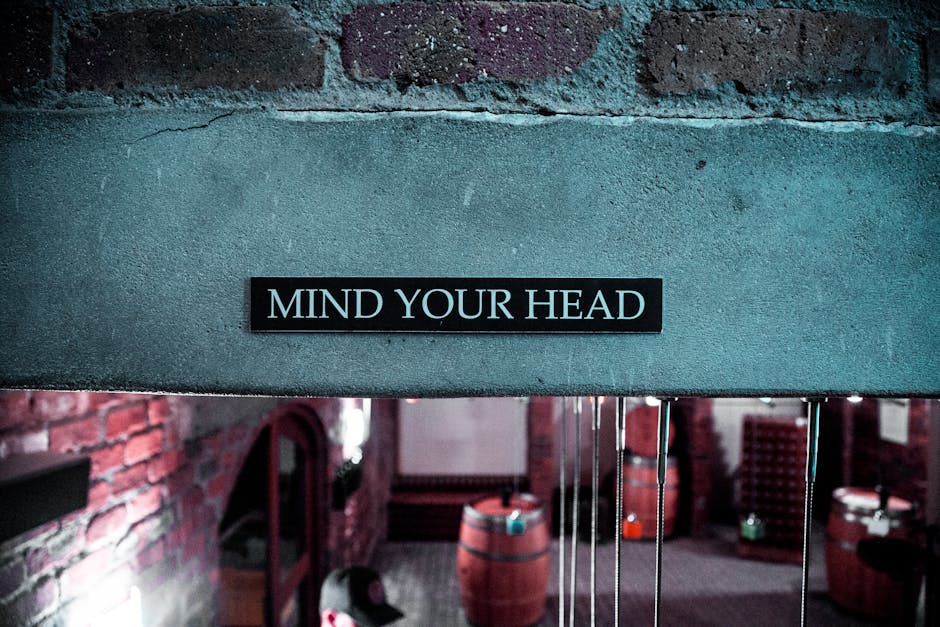Navigating the Future of Construction:
Challenges & Opportunities in 2025

The UK construction industry is at a turning point in 2025, facing significant challenges while also embracing new opportunities. Workforce shortages remain a pressing concern, with an aging workforce and fewer young professionals entering the field. The Building Safety Act is reshaping the regulatory landscape, pushing for higher safety standards across all projects. Sustainability goals continue to evolve, with stricter energy efficiency requirements and a focus on low-carbon materials. Meanwhile, digital procurement and automation are gaining traction, promising improved efficiency but requiring businesses to adapt quickly.
Mental health is another critical issue—construction remains one of the most high-risk industries for worker well-being. Initiatives are in place to address stress, burnout, and workplace culture, but the industry still has a long way to go in fostering healthier work environments.
Commentary:
”While these challenges may seem daunting, they also present an opportunity for transformation. Workforce shortages demand a renewed focus on training, apprenticeships, and attracting more diverse talent. Sustainability shouldn’t just be about compliance—it’s a chance to lead the way in green innovation. The push for digitalization is exciting, but it must come with education and support to ensure no one is left behind. And most importantly, mental health must become a core industry priority, not just an afterthought.
The construction sector has always been resilient. The key to thriving in 2025 and beyond lies in proactive adaptation and bold leadership. We’d love to hear your perspective—let us know if you see things differently!”
Curated for The BuildHer Network by CATALINA TRANDAFIR
Read the full article here:

